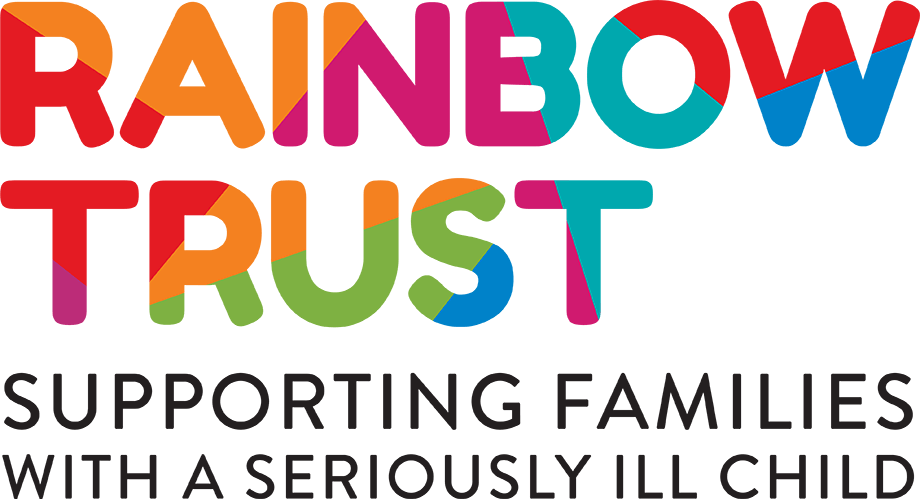Date published: 16 April 2015 by Anna Jackson
Research commissioned for Rainbow Trust in 2012 by the York Health Economics Consortium 2012 final report shows that funding at a social level for palliative care has a huge and tangible impact for sick children and their families. And with a full cost on average of just £3,000 for Rainbow Trust to support a whole family for as long as they need support and wherever it is needed, it also represents excellent value for money.
Rainbow Trust’s services are trusted and easily accessed by families at some of the toughest times in their lives. Families who might find it difficult to access support in other ways, for a variety of reasons, are supported by us. The alternative is statutory provision and this has become harder to access in recent times due to increasing demand coupled with the impact of funding cuts across the sector. Rainbow Trust services can mitigate against cost increases and can positively influence a family’s ability to stay together, keep healthy and the educational attainment of siblings.
The bespoke support Rainbow Trust offers has a hugely important role to play. The service works collaboratively with hospices and other specialist palliative care services. Many families, like the Morris’ may prefer support in a home-setting, or need support at the hospital. They may even not need support for the sick child but for other family members. When we recently supported Andrew and Sophie’s family, this is what they needed most.
Rainbow Trust seeks recognition for the effective contribution social care makes to a child and their family’s quality of life. Our aim is to support each family individually to increase their level of resilience when facing the uncertain and challenging situations they encounter. We have a vital purpose to ensure that cost effective support is available for every family caring for child with a life threatening or terminal illness when and where they need it. If this doesn’t happen thousands of families who face an everyday struggle may well fall through the gaps with consequences for their family now and in the future. Early intervention for families can prevent long-term mental health issues, have a positive impact on educational attainment and prevent loss of earnings all of which add up to significant cost savings to our society.
Heather Wood, Chief Executive of Rainbow Trust



